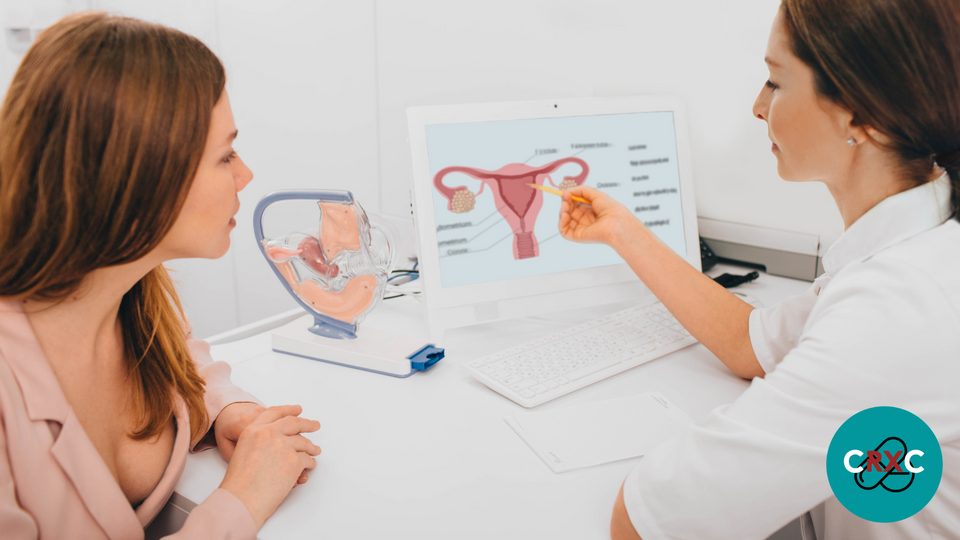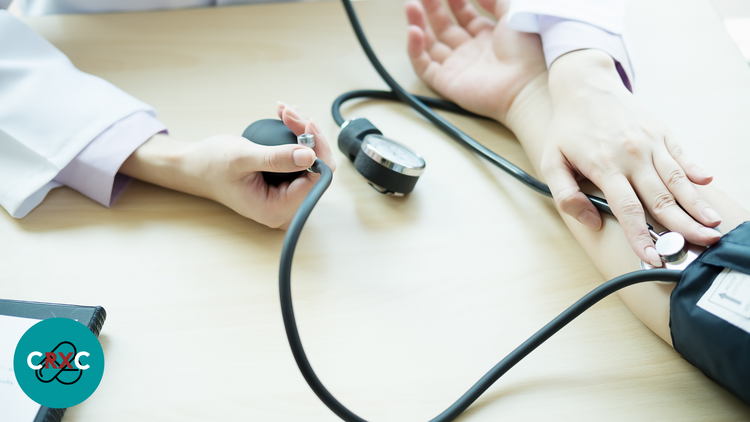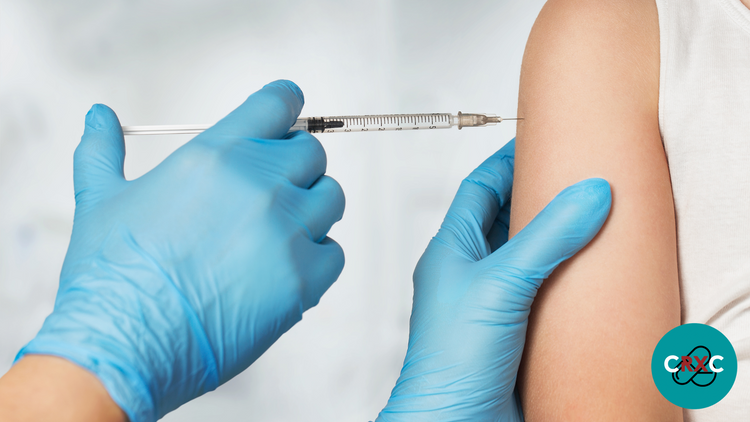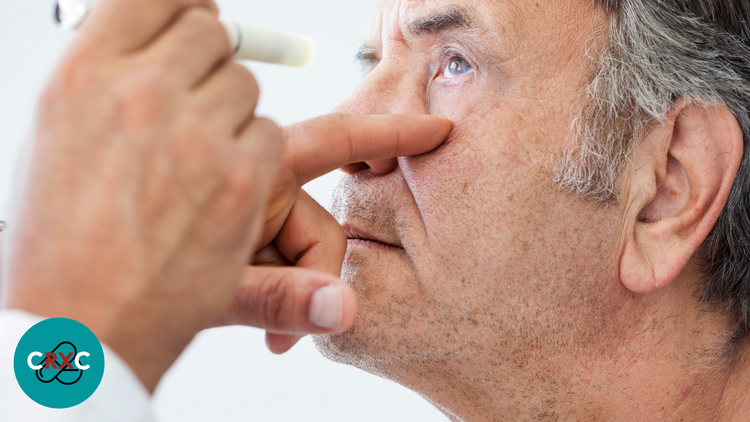Can cervical cancer be prevented?

Understanding cervical cancer
Cervical cancer is a type of cancer that occurs as an overgrowth of cells of the cervix. The cervix is located at the lower part of the uterus which connects the vagina.
Learning the risks
All women are at risk for cervical cancer however it typically occurs in women over of age of 30. One of the main causes of cervical cancer is due to certain types of HPV (human papillomavirus). HPV is a common virus that one can contract during intercourse with someone who already has the virus. Statistics show more than half of sexually active people will contract HPV, although only few women will develop cervical cancer from it. In other cases those diagnosed with HPV for a longer duration without treatment can experience it as other types of diseases such as genital/skin warts.
Knowing the symptoms
Cervical cancer does not always cause signs and symptoms early on. Symptoms are more present when their is a tumor like growth on any organs or tissue surrounding the cervix.
Some of the signs or symptoms of cervical cancer may include:
- loss of appetite
- unexplained weight loss
- shortness of breath
- coughing/spitting up blood
- chest and/or bone pain
- fatigue
- abnormal vaginal bleeding between periods, after menopause and after sexual intercourse
- pain during sexual intercourse
- heavy periods that last longer than normal
- abnormal or increased amount of vaginal discharge
- foul-smelling vaginal discharge
- difficulty urinating
- difficulty having a bowel movement
- urine or feces passing from the vagina
- pelvic area or lower back pain
- leg swelling in one leg
Ways you can prevent it
The best methods of prevention when it comes to cervical is:
- Attend annual screenings and testing, especially if you are sexually active with multiple partners.
- Get the HPV vaccination as it can help prevent cervical cancer if found and diagnosed in the early stages. The vaccine is also recommended for anyone the age of 11 to 12 years or as early as the age of 9, but not after the age of 26. Talk to your doctor in regards to this.
- Limit your sexual partners.
- Use condoms during sexual intercourse.
- Don't smoke or stop smoking if you currently do.
See your doctor
If you are experiencing any signs and symptoms see a doctor immediately for testing and diagnosing that will help lead you to the proper treatment plan provided by gynecologic oncologist.





